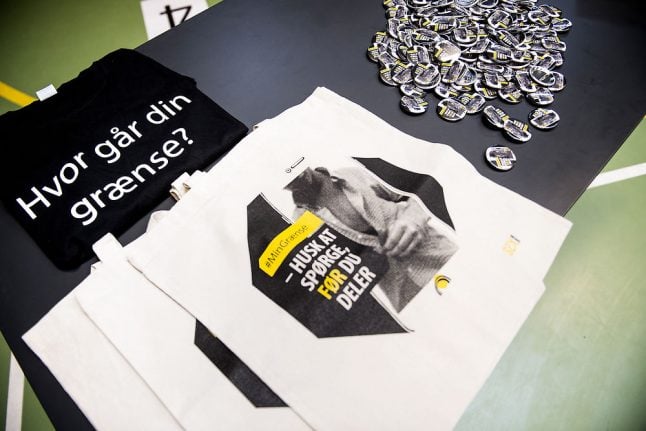“Increasingly, our children are being molested in kindergartens and primary schools with pornography and sex education,” a committee of parents and civic leaders told newspaper Neue Zürcher Zeitung.
The committee, made up in large part by members of the far-right Swiss People’s Party, launched the initiative on Tuesday to “protect against sexualization in kindergarten and primary schools”.
The proponents of the initiative no longer want children younger than nine to be taught any sex education at all, although certain education relating to child abuse would be permitted. From ages nine to twelve, the committee wants sex education to be non-compulsory so that families can choose to either opt in or out.
From age twelve onwards, the initiators say, children would receive education about sex and reproduction during biology lessons, which they argue is the proper place for such instruction.
The root of the initiative lies in the canton of Basel City, which came to media attention with reports of “sex boxes” being used as educational tools. The boxes contained various materials for teaching young children about sex, including wooden replicas of penises and fabric vaginas.
Benjamin Spüler of the Basel City Parents Committee believes such materials to be pornographic, he told news agency SDA. He says giving children such tuition when they are so young serves only to sexualize them at an unnecessarily early age.



 Please whitelist us to continue reading.
Please whitelist us to continue reading.
Member comments